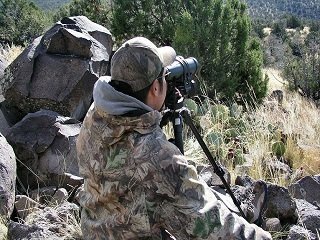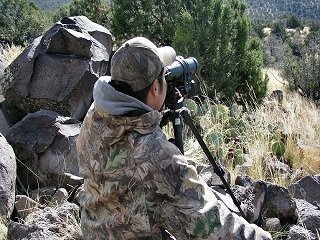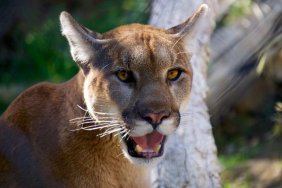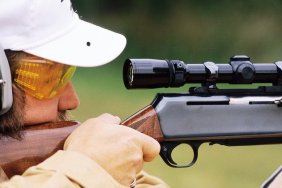 I have written about some of my experiences as a hunting guide and taxidermist, but I am hesitant to write about the bad dealings and incidents that I have witnessed for fear of potentially embarrassing anyone. However, after spending time with other guides and outfitters, I have realized that all guides share similar stories of negative encounters with clients and I want to share a few of those.
I have written about some of my experiences as a hunting guide and taxidermist, but I am hesitant to write about the bad dealings and incidents that I have witnessed for fear of potentially embarrassing anyone. However, after spending time with other guides and outfitters, I have realized that all guides share similar stories of negative encounters with clients and I want to share a few of those.
Having realistic expectations is one of the most important keys to good communication between a guide and a client. If you expect any guided hunting trip to provide you with a trophy free-range specimen, you are not realistic. You should never expect a wild animal to be guaranteed even on the best of hunts. An outfitter friend of mine had a client miss a 170 inch deer at 200 yards, and then never had a shooter buck in range for the rest of the hunt. The client was mad that he spent a few thousand dollars on the hunt and did not get anything, so he took out his frustration on the guide and trashed him in a couple outdoor hunting forums. My guide friend tried to get on these forums and to damage control by explaining the situation, but it still left a bad taste in his mouth. You can decide if the hunt was a failure or not.
Another common story between guides and clients is the fact that most clients are not in shape. They think that hiring a guide is a short cut to success, and they disregard getting in top physical condition. A guide cannot help you up hills and a guide cannot help your lungs supply your body with oxygen. That is up to the hunter. When a friend’s client failed to connect on a mountain turkey in a western state, the client was really torqued off. The client could not even walk 100 yards on level ground, but he booked a hunt in mountainous terrain nevertheless. Is that the guide’s fault?
Tipping is tradition in the guiding industry. Most guides I know work for outfitters or other guides, so they get a daily fee and rely on tips to really make their pay a worthwhile amount. I believe that tipping should be based on effort, just like restaurant service. If a guide busts his butt and shows you six foot Black Bears every day, but you hold out for a seven-footer, did the guide not do his job? A good friend of mine showed a bear client five different bears that we all determined to be trophies from the video the guide filmed, but the client did not shoot a bear on that trip and left no tip.
Whichever side you relate to in the above circumstances, miscommunication is the death of a good time and positive relationship, so do your homework and be informed when it comes to going on your next, or first, guided hunt.








